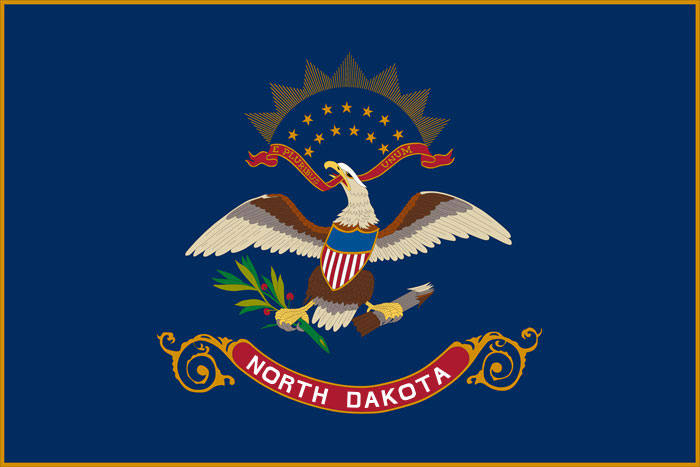Start: Sunday, September 1, 2019 - 07:00 am
End: Monday, August 31, 2020 - 07:00 pm Categories:
End: Monday, August 31, 2020 - 07:00 pm Categories:
Professional Development
**All six e-workshops are available to all ND Educators free of charge.
**Registration includes the entire package, which is available September 1, 2019 – August 31, 2020. Access to materials and online meeting platform will be provided to participants upon registration.
**Cafe Credit is available through the University of Mary.
**e-Workshops included in the package:
- Using the WIDA Writing Rubric - This eWorkshop is designed for classroom and EL teachers of Grades 1-12.
- Leading for Equity: Classroom Walkthrough - This eWorkshop is designed for any K-12 school leader who engages in classroom walkthroughs.
- Classroom Educators: Engaging Newcomer Multilingual Learners - This eWorkshop is designed to support K-12 classroom teachers working with multilingual learners who have recently arrived in the United States or are new to U.S. schools.
- Language for Learning in Mathematics - This eWorkshop is designed for educators who teach mathematics or support English language development in mathematics.
- Doing and Talking STEM - This eWorkshop is designed for Science Teachers, Math Teachers, and ESL Teachers.
- Foundational Concepts for K–12 Educators - This eWorkshop is designed for Teacher Leaders, Facilitators, Coaches, and ESL/Bilingual Teachers
The eWorkshop Package includes:
1. The Taking Action for ELLs: Foundational Concepts Online Module, which has content that is chunked into three topics:
- Learning interactions
- Download documents and worksheets
- Video clips from a scholar and teachers
2. Online Resources for K–12 Educators, including:
- Discussion prompts to influence thinking and dialogue among colleagues
- Participant activities
- Educator reflections
- Video clips from scholars who contribute to the field of ELL education
- Video clips from teachers using best practices
- Suggestions for facilitation and individual use with sample learning agendas
- Ways to approach the training
- Handouts and worksheets to promote reflective thinking
- Organization information including facilitation time, materials needed, reference screens from the module, and suggestions of what to say and do to carry out each activity
3. Asynchronous Tutorial for getting started, including:
- Where to locate the resources
- What to do first
- Suggestions for setting up the PLC
- Organization of the module and layout of the companion guide
- Facilitation ideas
For descriptions of each individual workshop in the package, and TO REGISTER, click here.

